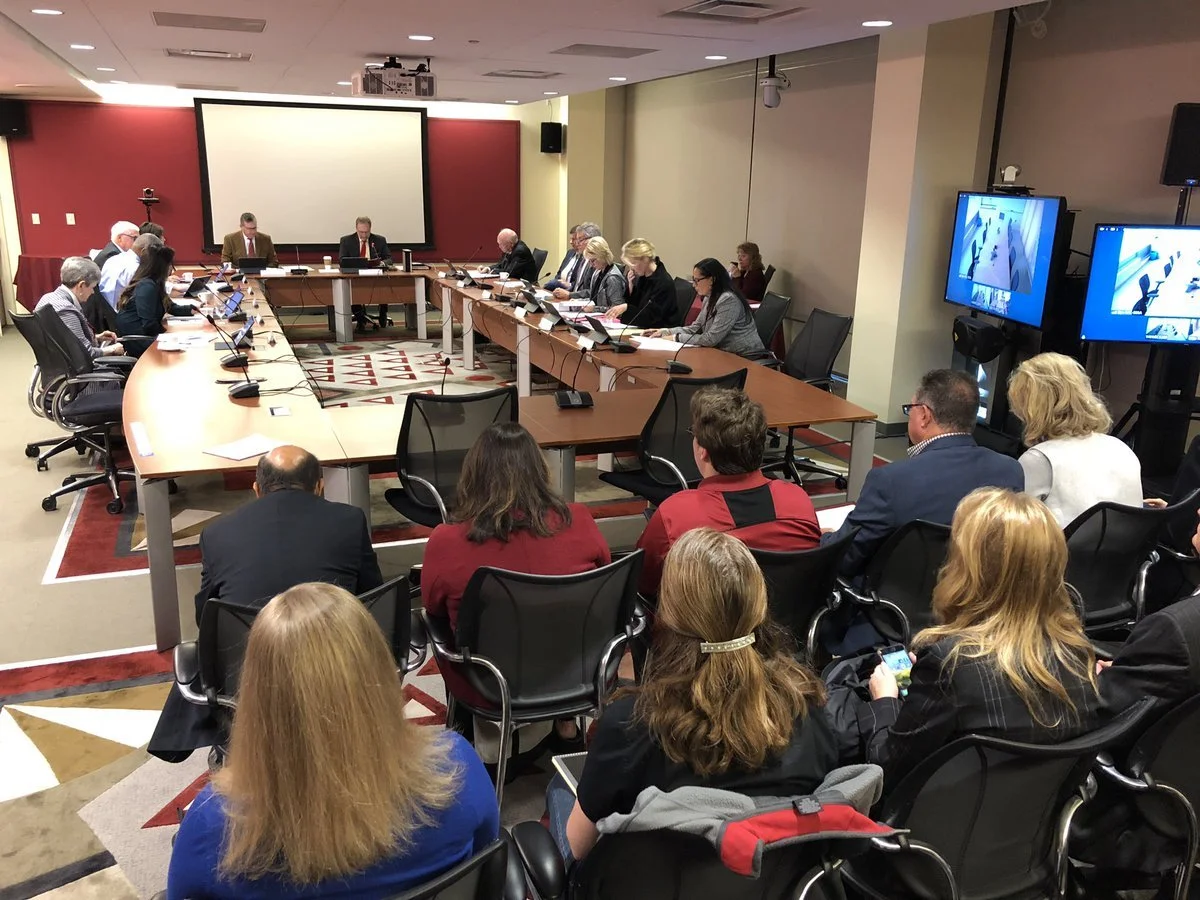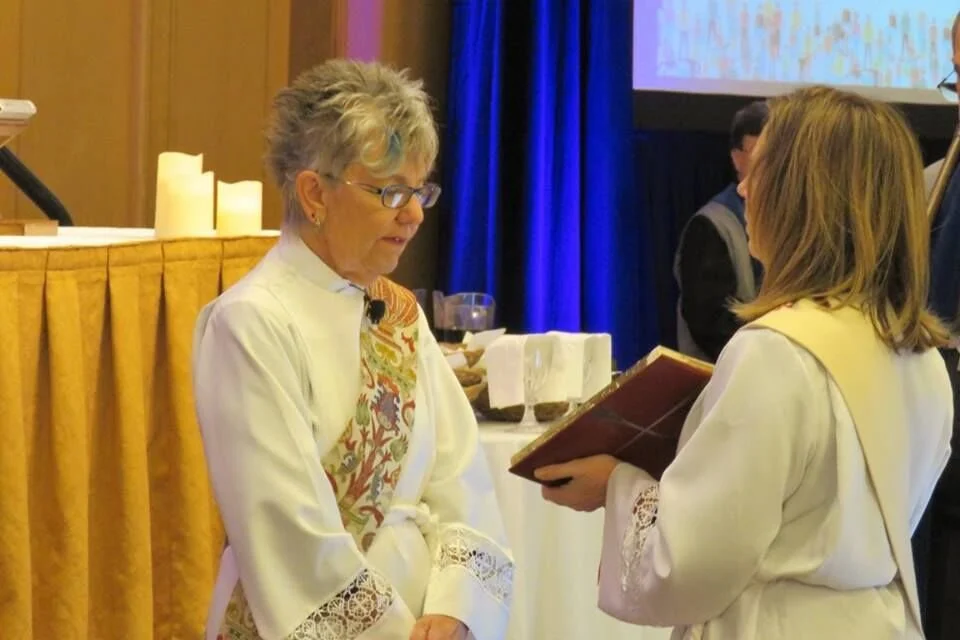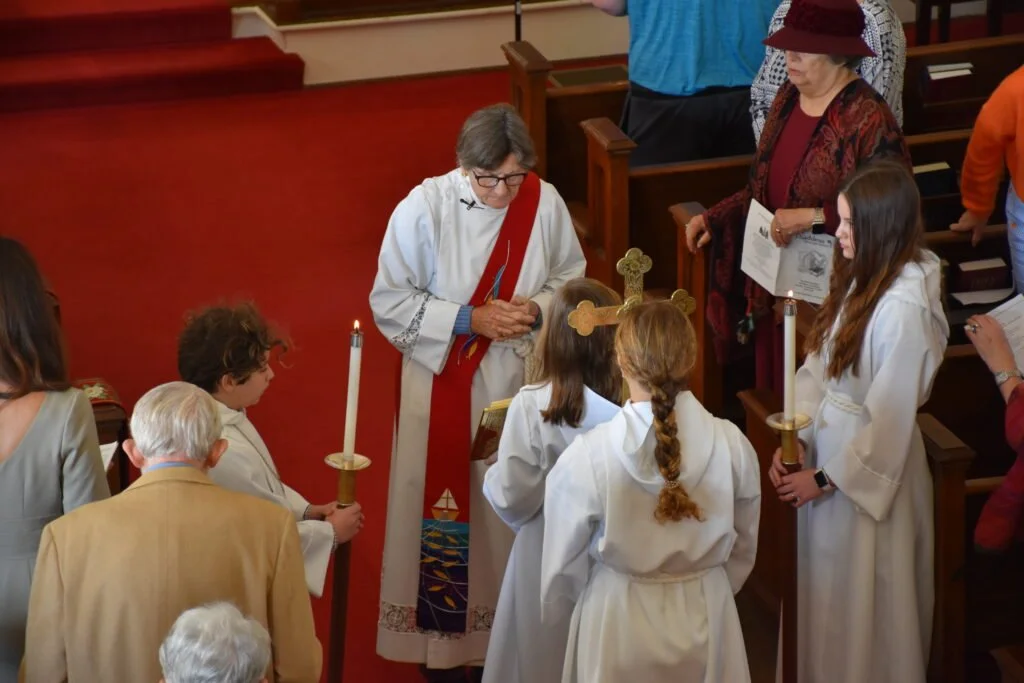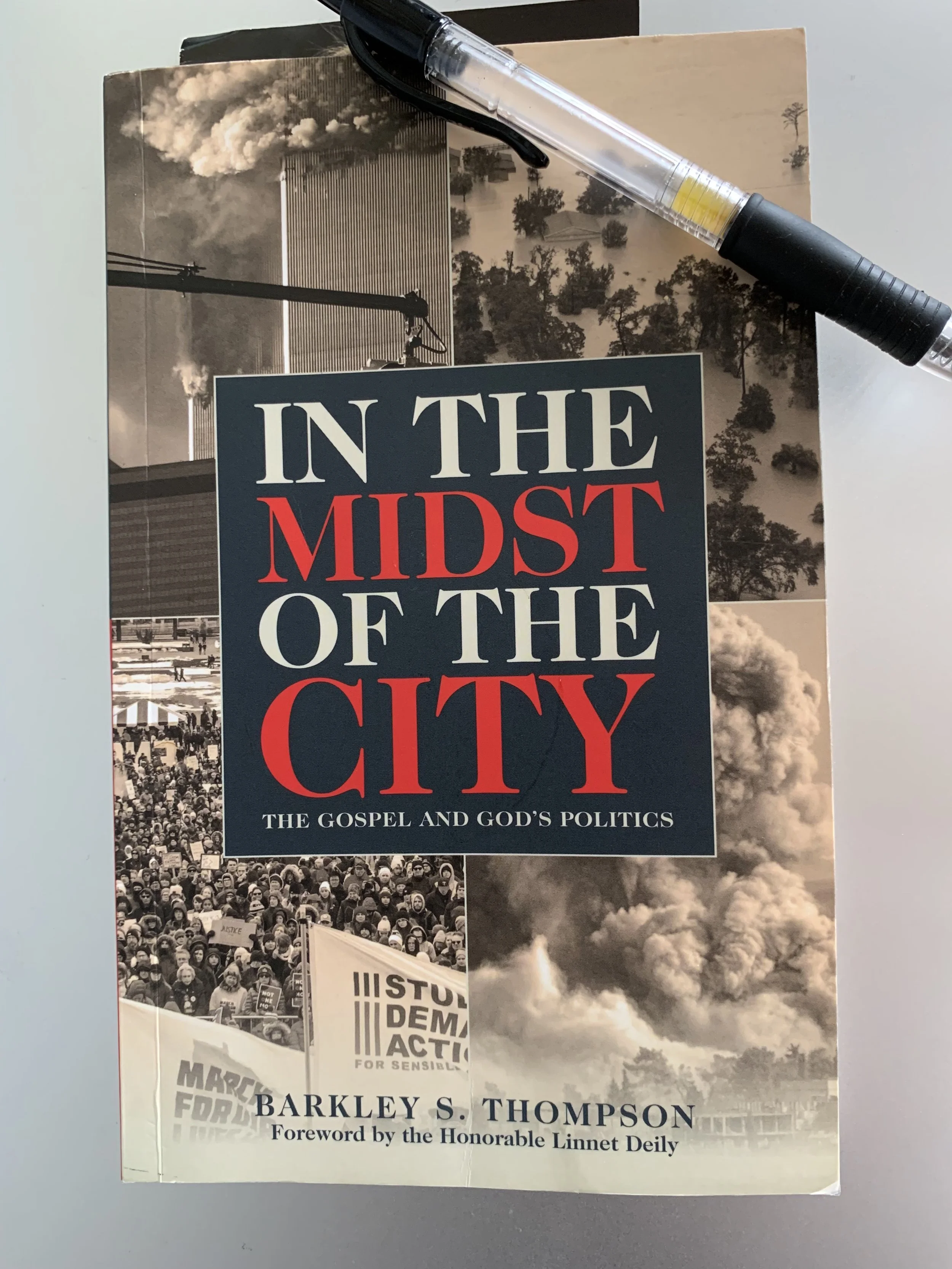Schmidt: Dys-Feng Shui 1
Guest Writer Frederick Schmidt
people behind each other
“To believe in something, and not to live it, is dishonest.”—Mahatma Gandhi.
I don’t know much about feng shui (pronounced fung shwee), but as I understand it, it is a Chinese concept of aesthetics that applies “the laws of heaven and earth” to create harmony and order. It teaches how to maximize life’s energy to be in sync with the world around us.
Today, interior decorators use it in a somewhat more trivialized and commercial fashion. They may not know much about ancient Chinese philosophy, but they know an exotic way to sell their services when they see one!
In the middle of a rather lengthy business meeting some years ago, those around the table found a way to kill a few free moments by joking about the rather strange table arrangement we had been given for our meeting. The worst was that people were sitting at tables behind us. They were forced to face the backs of our heads, and we were positioned with our backs to them.
Thus, one of the funnier “you had to be there to understand” moments was when we critiqued the arrangement as a product of “dys-feng shui.”
Whether you find that funny or not, I think it is true that the more we live into the spiritual life, the more we take responsibility for the world around us. We notice feng shui and dys-feng shui—or to turn the vocabulary in a direction that is more familiar to me; we see where the Spirit of God is at work and where the Spirit of God is marginalized.
I am not talking about some kind of soft social consciousness, never mind a body of political beliefs. Instead, I am referring to the capacity to look at the world around us through the eyes of God.
Frederick Schmidt
Joanna. . https://www.joannaseibert.com/




